Classes, clubs do their part to help PHS be more environmentally conscious
Campus leaders say people should recycle to avoid wasting resources
As the environment is currently experiencing a lot of turmoil, clubs on campus are taking steps to be more environmentally conscious.
The Recycling Club is one of the many clubs trying to take action to help the environment that is currently struggling. The straining climate is mainly a result of the large amounts of pollution being produced and the extremely unsustainable lives that most people in this area partake in.
The recycling club is co-sponsored by two teachers: English teacher, Rhonda Duering, and physics teacher, Sandra Gorton. Gorton said the idea for the club sparked when “I told [my students] I had a box for the recycled markers.”
“I try to recycle them so that we don’t waste resources,” she said. It makes sense that she would pair up with Duering to create this club because Duering has 13 different bins in her classroom for all kinds of recyclable materials. She has bins for electronics, plastic grocery bags, snack bags, and more.
Gorton says the Recycling Club is working to promote recycling on campus largely by looking into “what kind of things they can do to get more recycle bins around in various places.”
The National Honors Society, sponsored by three English teachers, Kelsey Rowe, Victoria Tonnemacher, and Stacey Cooper, is also taking steps toward improving the environment around the Chandler and Gilbert areas. The Society is working to do so mainly through community service. Throughout the year, NHS plans to volunteer at animal shelters, run canned food drives, assist the janitorial staff on campus, and spend time packaging food for Feed My Starving Children.
Another club working to make students more aware about the environment is AP Environmental Science. This is a class, but Coleen O’Shea, the class instructor, created a club as well, so that her students could go on field trips to help “learn about how our water system works [and] where our water comes from.”
What sets AP Environmental Science apart from the Recycling Club is its goal: to educate on the environment and why steps need to be taken to preserve it. When asked what the main focus of AP Environmental Science is, O’Shea said it promotes “just being aware of your community and the resources that you use. And how Perry uses those resources.”
Because global warming is a large contributor to the tumultuous situation the environment is currently in, O’Shea says global warming is “an overarching theme to the whole course.”
O’Shea’s advice on how everyone can contribute to helping the environment is asking questions, such as: “How could we live more sustainably, as a person? And then how can we share that with people, so that they understand?”
There are multiple clubs on campus working to make students more aware about why the environment could use some help and how people at Perry can provide that.
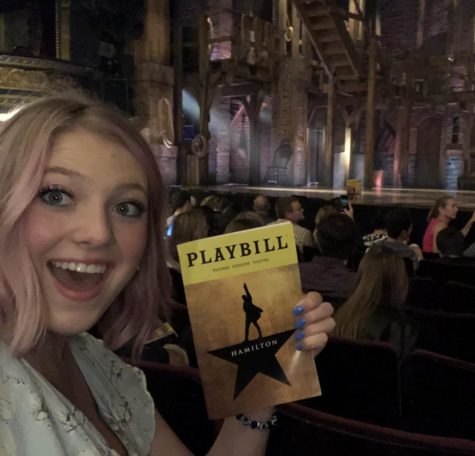
Paige Luedtke is in her senior year at Perry High School. She covers the debate team, mental health, and double truck features. Paige enjoys reading,...

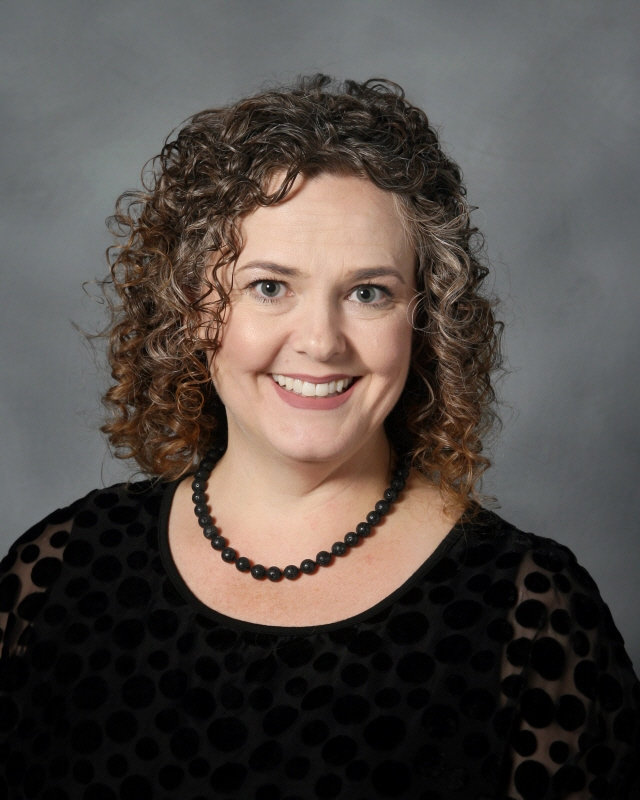
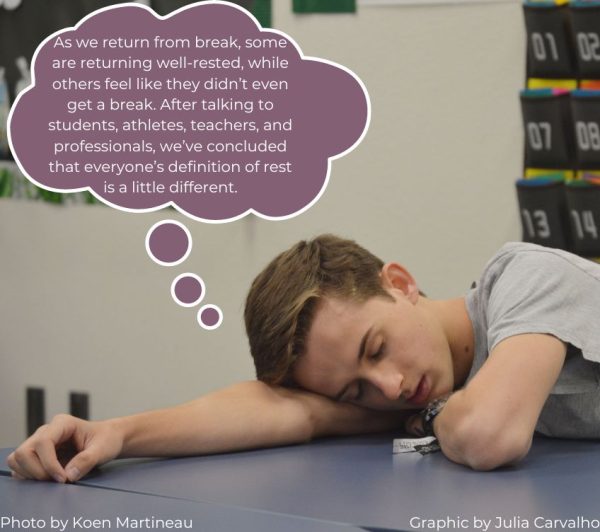
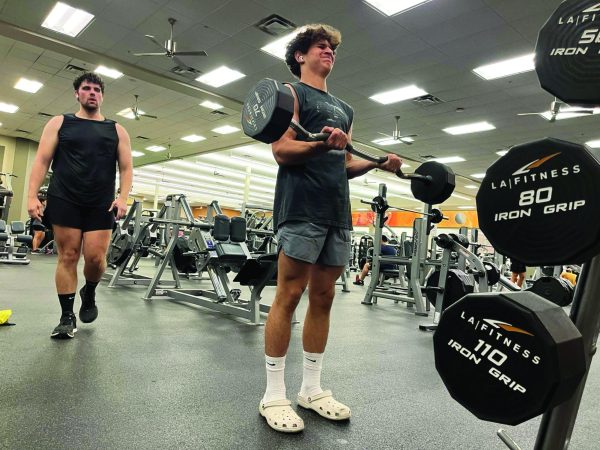
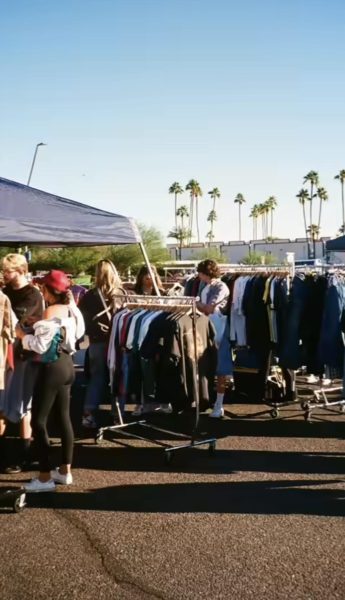
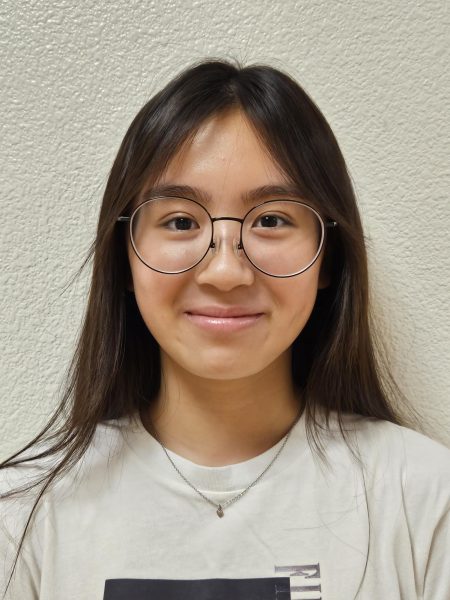
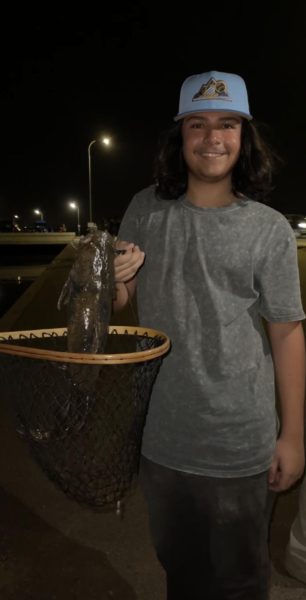
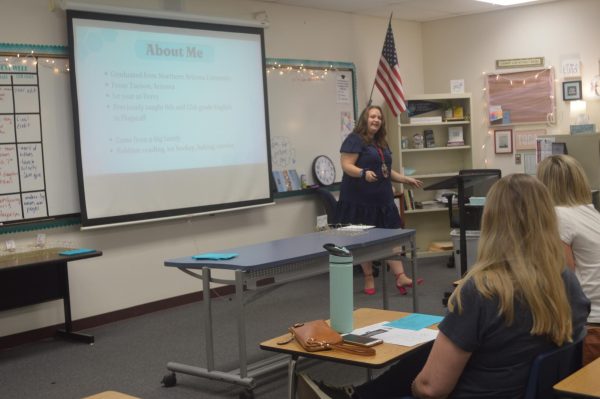
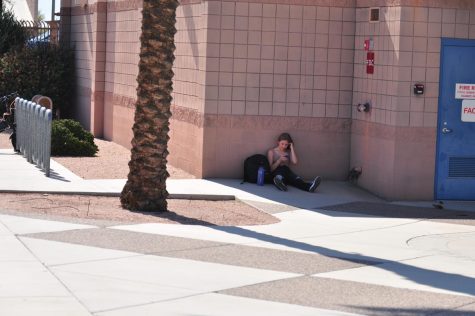
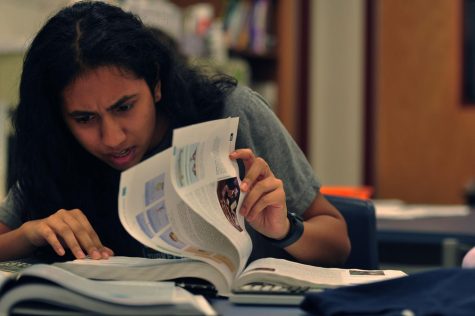

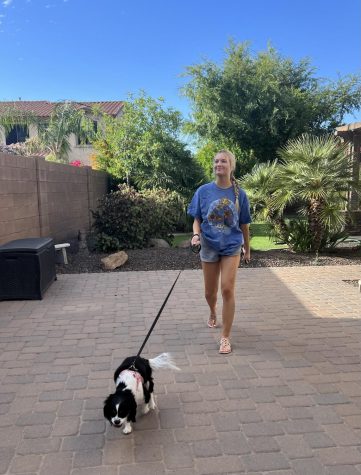
Casey Grant • Sep 26, 2019 at 8:59 AM
I look forward to reading this publication each time
it comes out.
Great job!